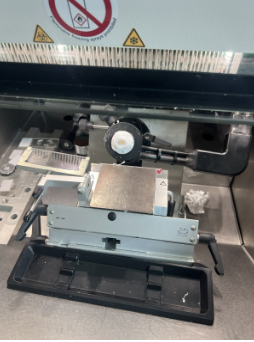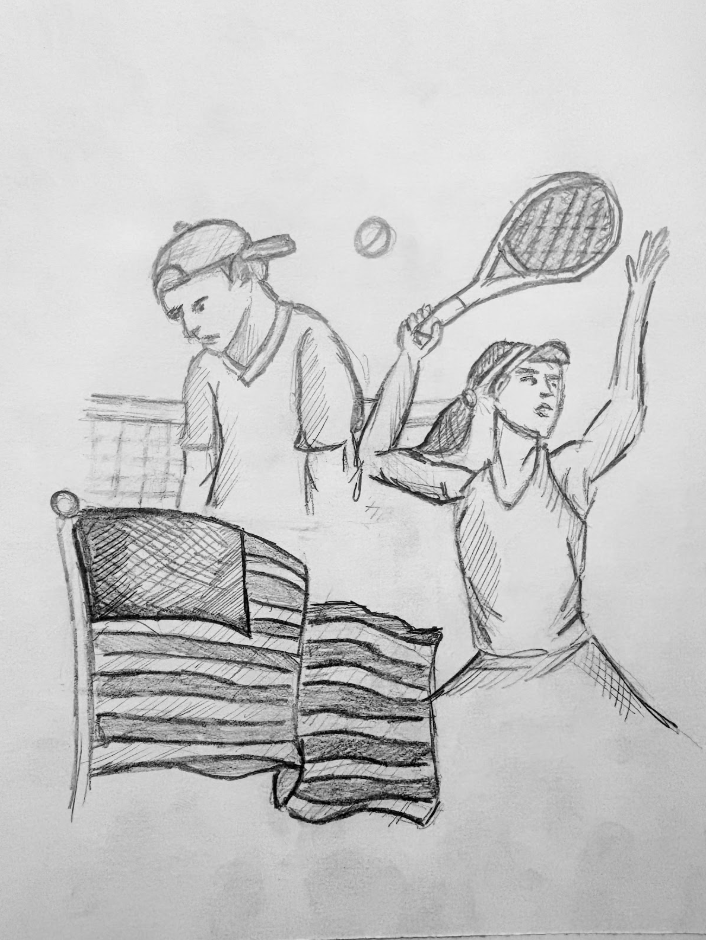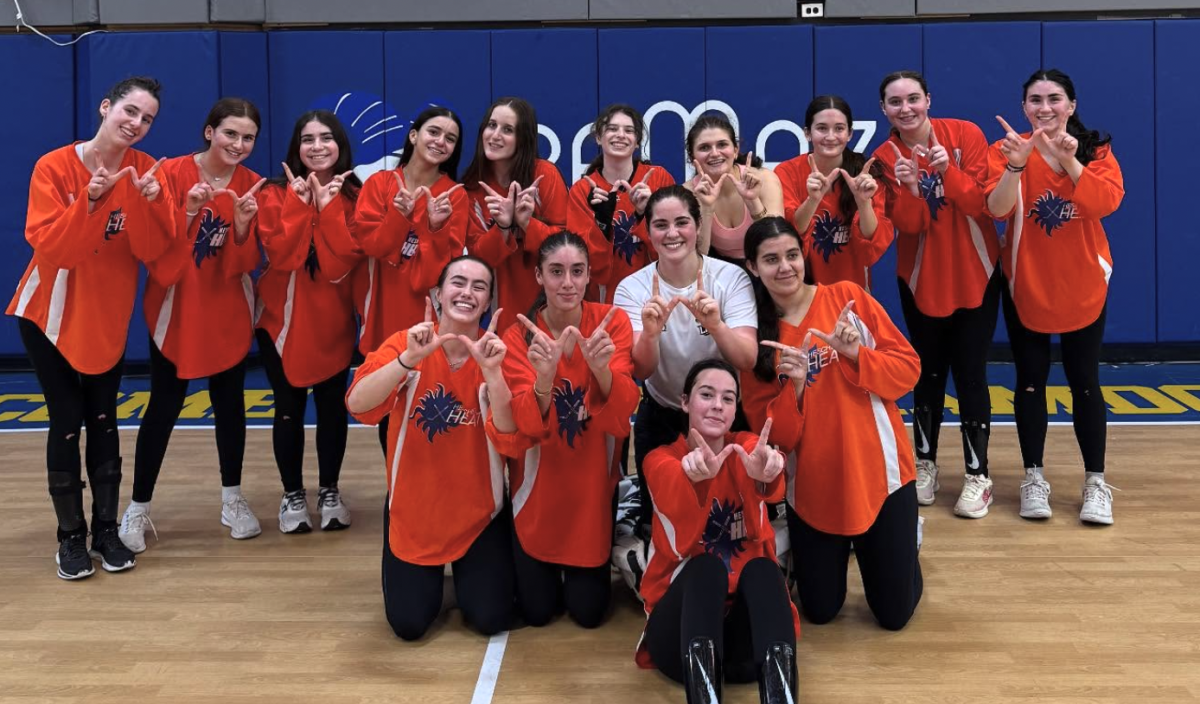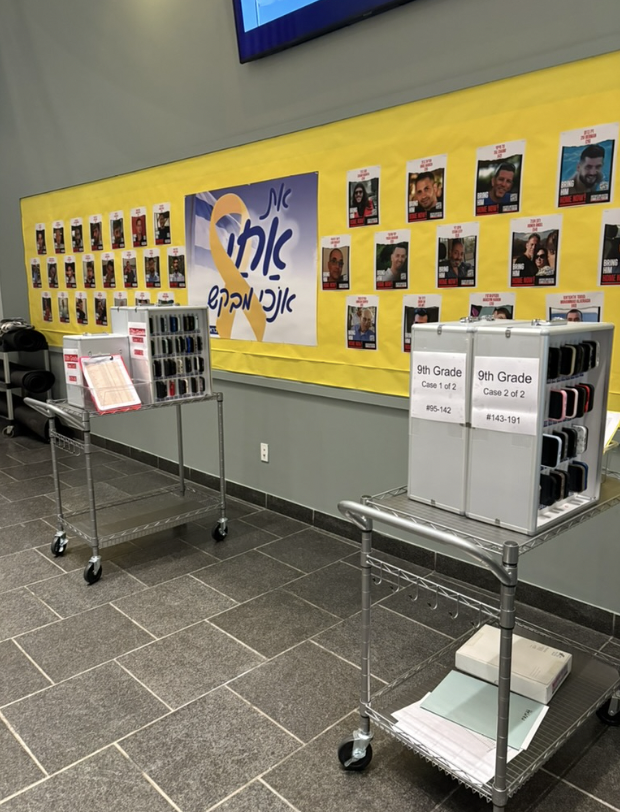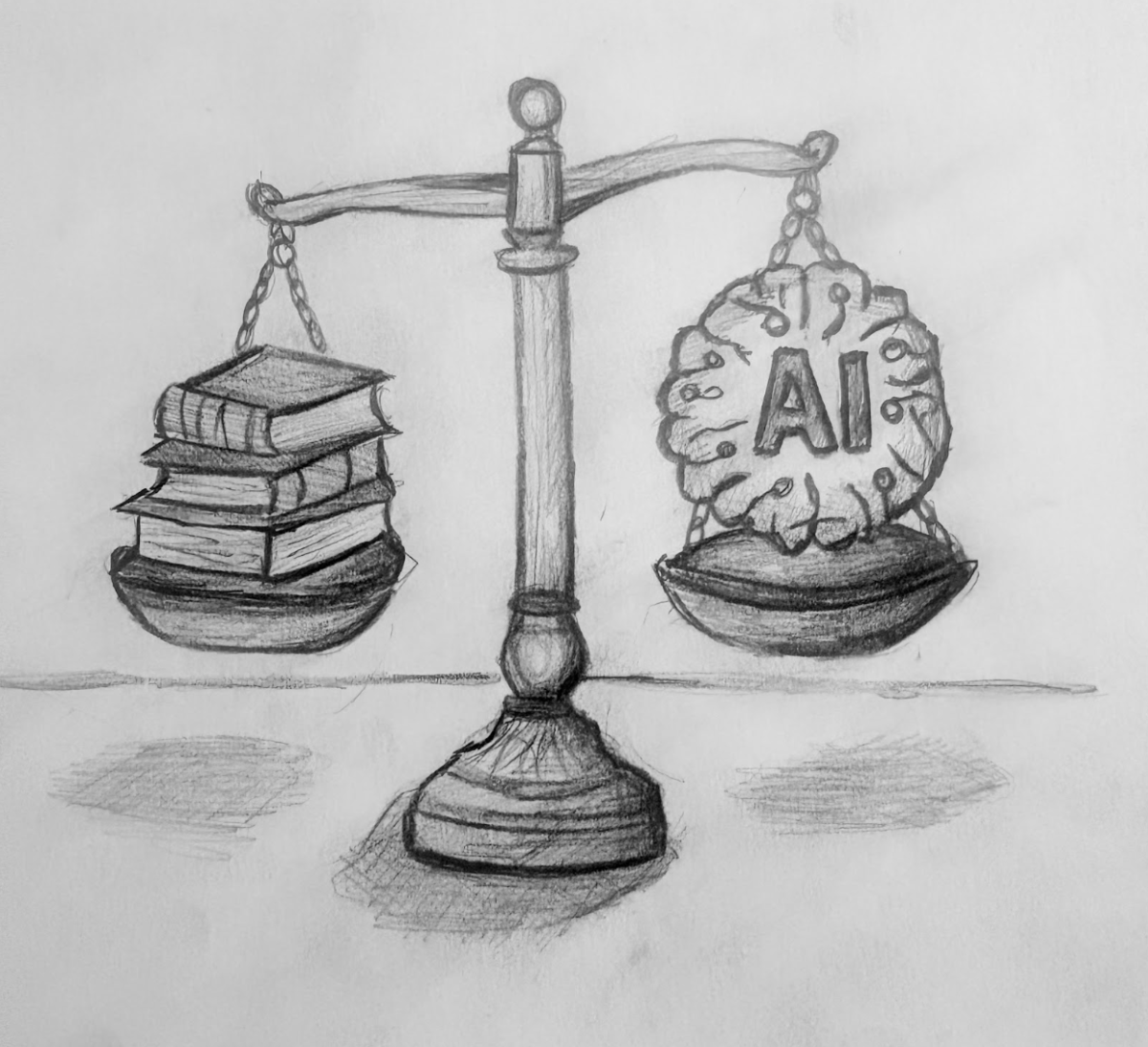Over the past 18 years, since the invention of iPhones, society has become increasingly reliant on technology. Today, people are skeptical of the rise of Artificial Intelligence, a reaction similar to that of the introduction of iPhones. But AI is here. Students know how to use it and will continue as long as it’s to their benefit. Even if students understand that it can short-circuit their learning, they know that most students and professionals in the real world have adopted it in some form.
Many adults openly admit to using AI as a personal assistant for their own organizations, work, and even book writing. In a recent conversation, one such adult asked me how Heschel had been dealing with the change. I had no clear answer as to the direction we were headed, and I was disappointed, because if any student should know Heschel’s plan for the policy, it’s me as Student Affairs VP.
In a meeting at the beginning of the year, the administration discussed creating an AI policy that focused on trust, requiring students to acknowledge how they use AI and to pick a few school-approved tools. These were just ideas, and the only certainty was that one policy for the whole school wouldn’t be specific enough. The issue now is that there is no concrete policy. Many teachers want to include students in the conversation, but many students feel that teachers are simply disparaging its use no matter the circumstances.
If the administration includes students in the conversation on AI policy, we as a community can work to learn how each person uses it and develop a policy that suits each individual.


